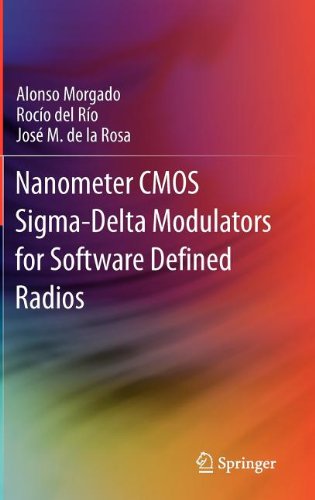

Most ebook files are in PDF format, so you can easily read them using various software such as Foxit Reader or directly on the Google Chrome browser.
Some ebook files are released by publishers in other formats such as .awz, .mobi, .epub, .fb2, etc. You may need to install specific software to read these formats on mobile/PC, such as Calibre.
Please read the tutorial at this link: https://ebookbell.com/faq
We offer FREE conversion to the popular formats you request; however, this may take some time. Therefore, right after payment, please email us, and we will try to provide the service as quickly as possible.
For some exceptional file formats or broken links (if any), please refrain from opening any disputes. Instead, email us first, and we will try to assist within a maximum of 6 hours.
EbookBell Team

0.0
0 reviewsThis book presents innovative solutions for the implementation of Sigma-Delta Modulation (SDM) based Analog-to-Digital Conversion (ADC), required for the next generation of wireless hand-held terminals. These devices will be based on the so-called multi-standard transceiver chipsets, integrated in nanometer CMOS technologies. One of the most challenging and critical parts in such transceivers is the analog-digital interface, because of the assorted signal bandwidths and dynamic ranges that can be required to handle the A/D conversion for several operation modes.
This book describes new adaptive and reconfigurable SDM ADC topologies, circuit strategies and synthesis methods, specially suited for multi-standard wireless telecom systems and future Software-defined-radios (SDRs) integrated in nanoscale CMOS. It is a practical book, going from basic concepts to the frontiers of SDM architectures and circuit implementations, which are explained in a didactical and systematic way. It gives a comprehensive overview of the state-of-the-art performance, challenges and practical solutions, providing the necessary insight to implement successful design, through an efficient design and synthesis methodology. Readers will learn a number of practical skills – from system-level design to experimental measurements and testing.